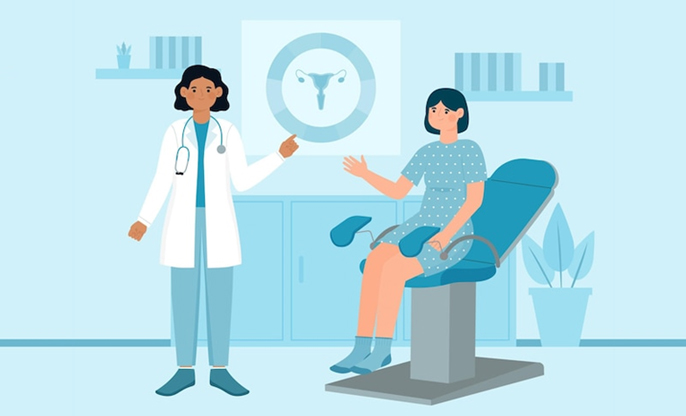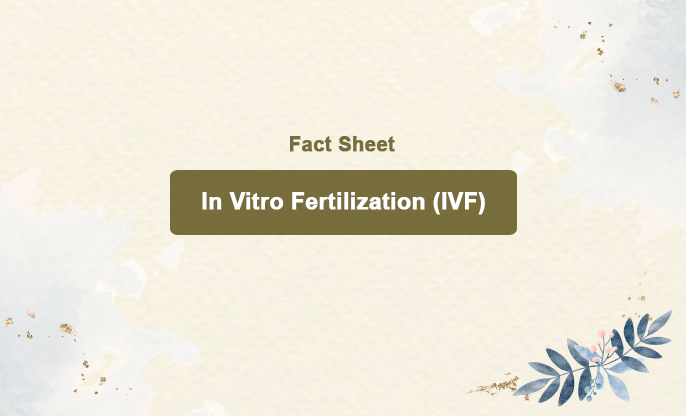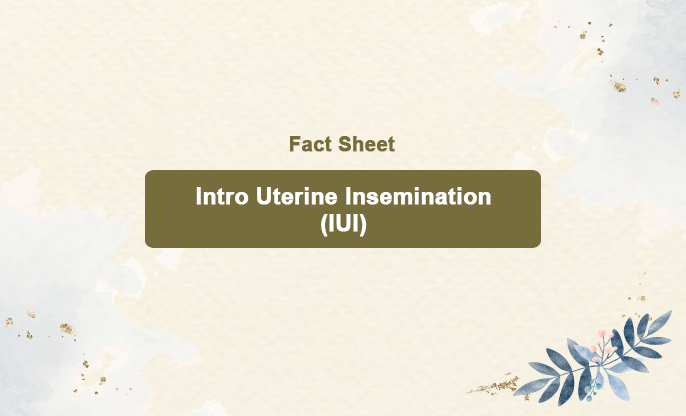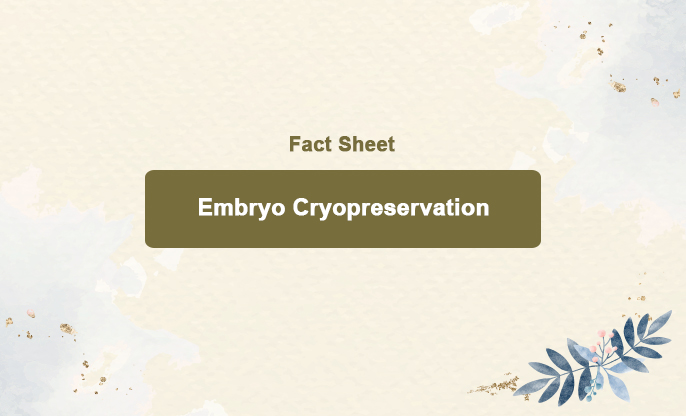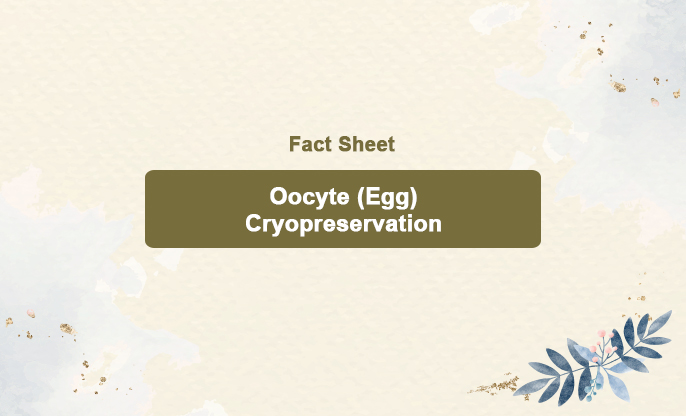
How Your Immune System Affects Fertility
Reproductive immunology is a fascinating field that looks at how our immune system influences our reproductive health. It focuses on how our body’s immune responses can either help or hinder our ability to conceive and carry a pregnancy to term.
In Simple Terms…
Reproductive immunology is all about the interaction between our
immune system and our reproductive organs. It helps us understand how immune
responses impact our chances of getting pregnant, carrying a healthy pregnancy,
and our overall health along with baby’s well-being.This includes how our
body’s immune system accepts or rejects the embryo, how autoimmune diseases
might affect our fertility, and how the immune system interacts with our and
our partner’s genetic material.
How Your Immune
System Plays a Role in Reproduction?
● Immune Tolerance in Pregnancy: For a
healthy pregnancy, your immune system needs to recognize and tolerate your
baby, who has different genetic material. This tolerance is essential for the
embryo to implant and grow. If your immune system overreacts, it could lead to
problems like miscarriage or complications such as preeclampsia.
● Autoimmunity and Infertility:
Conditions like lupus or antiphospholipid syndrome can disrupt your
reproductive health. These autoimmune disorders make your immune system attack
your own body, which might harm your reproductive organs or mess with hormone
levels, making it harder to conceive.
● Role of Inflammation: Ongoing inflammation is linked to various reproductive issues like endometriosis and polycystic ovary syndrome (PCOS). Inflammation can affect the quality of your eggs and sperm or cause scarring and blockages in your reproductive tract.
How We Diagnose
Immune-Related Reproductive Issues?
● Blood Tests: These can check
for autoimmune antibodies or cytokine levels that might indicate abnormal
immune activity.
● Endometrial Biopsy: This
involves examining the lining of your uterus for signs of immune cells or
inflammation.
● Semen Analysis: This checks for
antibodies that might impair sperm function.
Treatment Options
● Immunosuppressive Therapy: For
autoimmune-related fertility issues, you might be prescribed medications to
suppress your immune system and prevent it from attacking reproductive tissues.
● Intravenous Immunoglobulin (IVIG): This
treatment can help modulate immune function and is sometimes used for
unexplained recurrent pregnancy loss thought to be immune-related.
● Corticosteroids: These can reduce
inflammation and may be used to treat specific autoimmune conditions affecting
fertility.
● Assisted Reproductive Technologies (ART): Techniques like IVF might be combined with immune therapies to improve your chances of success, especially if immune issues are affecting your fertility.
Ethical and
Practical Considerations
Reproductive immunology is constantly evolving, but it raises
important ethical questions about how much we can manipulate the immune system
to achieve a successful pregnancy. Treatments are complex and often require a team
of specialists, including immunologists, rheumatologists, and fertility
experts, working together to provide personalized care.


